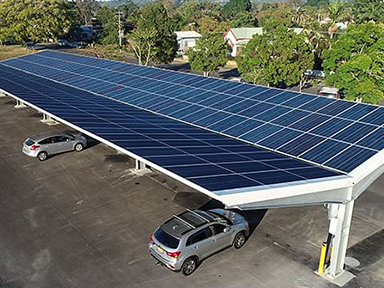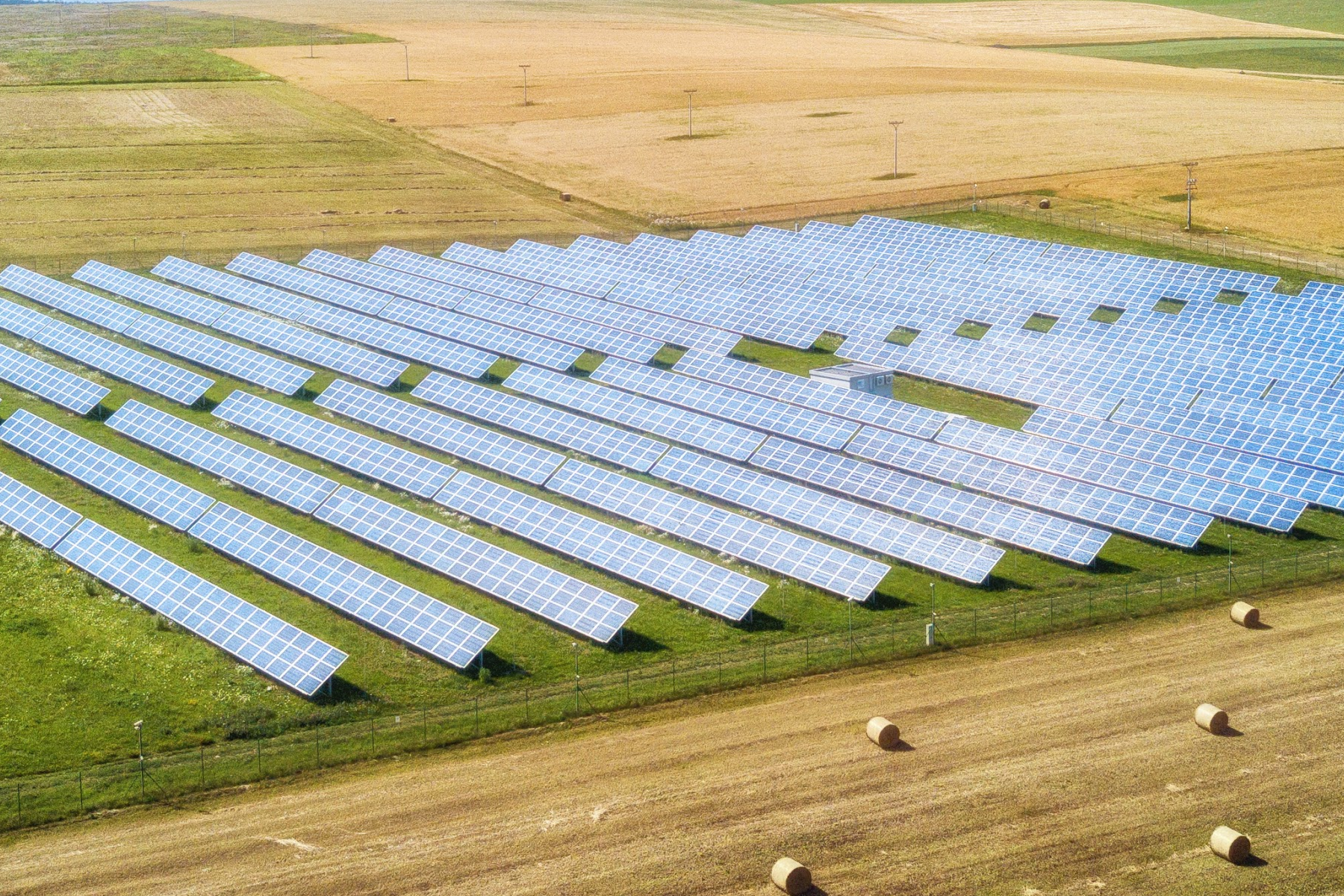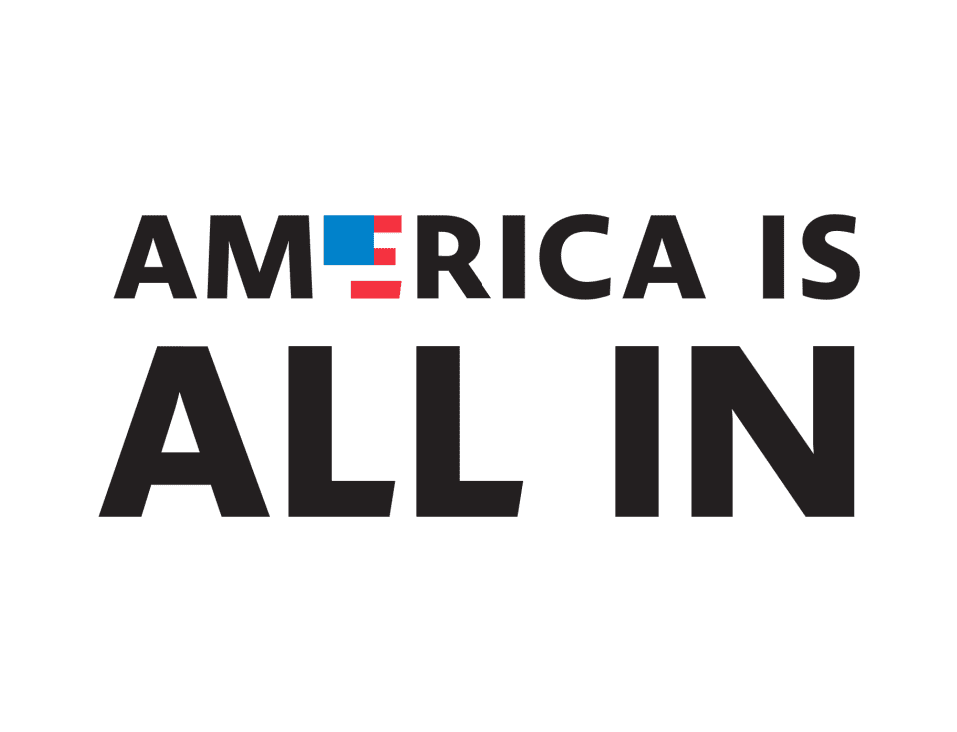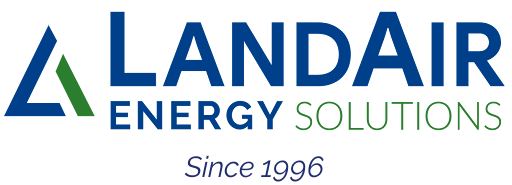The 30% Federal Solar
Tax credit, Accelerates
Your ROI And Increases
Profitability !

30% Investment Solar Tax Credit for Commercial Properties
The 30% Investment Tax Credit (ITC) for commercial solar systems allows businesses to deduct 30% of the total cost of their solar installation from their federal income taxes. This credit is applied as a direct reduction of the business’s tax liability, effectively lowering the upfront cost of the solar project.


30% Direct Pay for Non-Profit Properties
Non-profit organizations going solar can access the 30% “Direct Pay” as a provision of the Inflation Reduction Act (IRA), allowing them to receive a direct payment from the government for 30% of the total cost of their solar energy system installation. This is equivalent to the Investment Tax Credit (ITC) that for-profit entities receive, but instead of reducing their tax liability, non-profits receive a cash payment.

Modified Accelerated Cost Recovery System (MACRS)
The Modified Accelerated Cost Recovery System (MACRS) is a key depreciation method used in the U.S. for tax purposes. It allows businesses to recover the cost of certain tangible property, including solar energy systems, through annual deductions over a specified period—effectively accelerating the depreciation of these assets.


REAP Grants
A REAP grant (Rural Energy for America Program grant) is a financial assistance program offered by the U.S. Department of Agriculture (USDA). It provides funding to agricultural producers and rural small businesses for renewable energy systems and energy efficiency improvements. The program aims to help these entities reduce energy costs, increase their bottom line, and become more sustainable.
Trusted Partners & Affiliations





